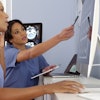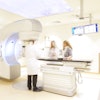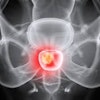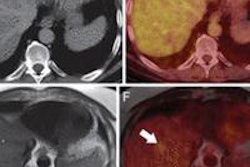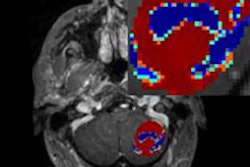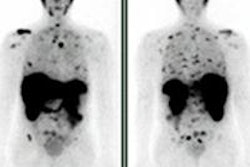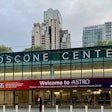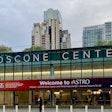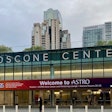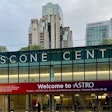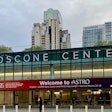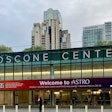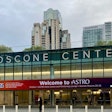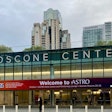Cancer patients can be accurately screened for depression with a two-question survey, according to a study presented on September 23 at the American Society for Radiation Oncology (ASTRO) annual meeting in Atlanta.
Dr. William Small Jr. of Loyola University Medical Center and colleagues found that among 455 cancer patients receiving radiation therapy at 37 centers across the U.S., the two-question screening test proved to be as accurate as a longer nine-question screening test, with both tests having an area under the curve (AUC) of 0.83. An AUC of 1.0 would be 100% accurate.
The survey asks whether a patient has experienced the following over the past two weeks:
- Little interest or pleasure in doing things
- Feeling down, depressed, or hopeless
For each question, the patient can answer not at all (no points); several days (one point); more than half the days (two points); or nearly every day (three points). A patient who scores a total of three or more points on both questions is considered to be at risk for being depressed.
Patients were surveyed before or within two weeks of receiving their first radiation treatment, and 16% screened positive for depression, Small's group found. The two-question screening test was also more accurate than two other screening tests administered: the Hopkins Symptom Checklist (AUC of 0.79) and the National Comprehensive Cancer Network Distress Thermometer (AUC of 0.60).
Small's team also found that 78% of centers routinely screen patients for depression at the radiation therapy facility, with 51% screening at the initial visit. Mental health services were available at 68% of radiation therapy facilities, but 67% of sites offered only social workers; 17% offered psychologists and 22% offered psychiatrists.
